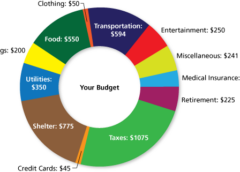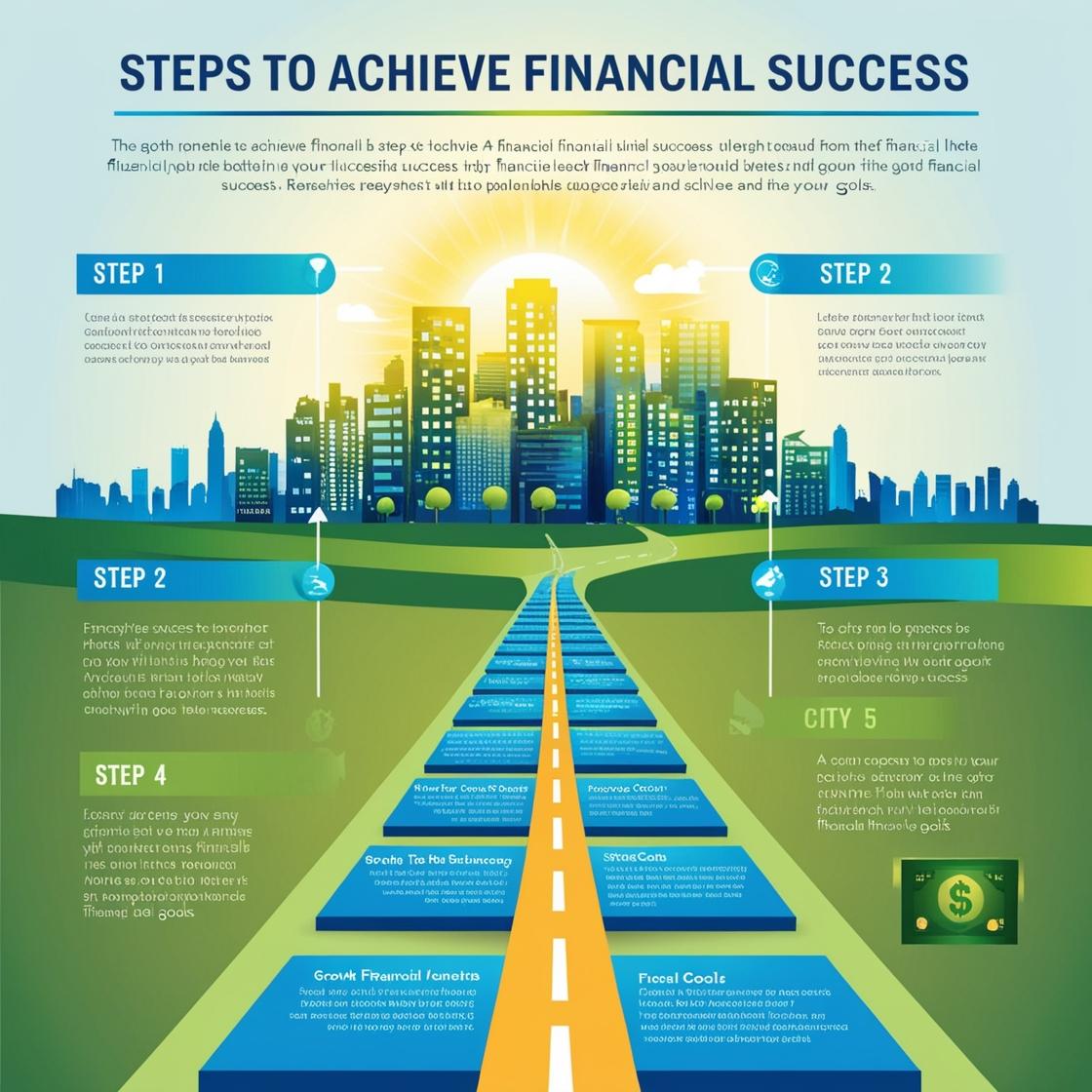
## How to Stick to a Budget: Practical Tips for Success
Creating a budget is an important step towards financial stability, but sticking to it can often be challenging. Here are some practical tips to help you stay on track and make your budget work for you:
### 1. Set Realistic Goals
Your budget should reflect your financial goals and be realistic enough to follow. If your goals are too ambitious, you might find it difficult to stick to your budget. Set achievable short-term and long-term financial goals, such as saving for an emergency fund, paying off debt, or planning for a vacation.
### 2. Track Your Spending
Keep a close eye on your spending habits. Use budgeting apps, spreadsheets, or a simple notebook to record every expense. This will help you understand where your money is going and identify areas where you can cut back.
### 3. Prioritize Essential Expenses
Ensure that your budget prioritizes essential expenses like housing, utilities, groceries, and healthcare. Once these needs are covered, allocate funds for non-essential expenses and savings.
### 4. Use the Envelope System
The envelope system is a cash-based budgeting method that helps control spending. Allocate cash for different expense categories and place it in labeled envelopes. Once the cash in an envelope is spent, you cannot spend more in that category until the next budgeting period.
### 5. Automate Savings and Bills
Automate your savings contributions and bill payments to ensure they are paid on time and to avoid the temptation to spend that money elsewhere. Set up automatic transfers to your savings account and schedule automatic bill payments.
### 6. Review and Adjust Regularly
Regularly review your budget to track your progress and make adjustments as needed. Life circumstances can change, so it’s important to revisit your budget periodically to ensure it still aligns with your financial goals.
### 7. Plan for Unexpected Expenses
Unexpected expenses can derail your budget if you’re not prepared. Set aside a portion of your income for an emergency fund to cover unexpected costs like medical bills, car repairs, or home maintenance.
### 8. Limit Impulse Purchases
Avoid impulse purchases by implementing a 24-hour rule. If you see something you want to buy, wait 24 hours before making the purchase. This cooling-off period can help you decide if it’s a necessary expense.
### 9. Find Budgeting Tools That Work for You
Experiment with different budgeting tools and methods to find what works best for you. There are numerous apps and online tools designed to help you track expenses, set goals, and manage your budget effectively.
### 10. Reward Yourself
Sticking to a budget doesn’t mean you can’t enjoy life. Allocate a small portion of your budget for discretionary spending or rewards. Treating yourself occasionally can help you stay motivated and avoid feeling deprived.
### Conclusion
Sticking to a budget requires discipline, patience, and consistency. By setting realistic goals, tracking your spending, prioritizing essential expenses, and using practical tools, you can successfully manage your finances and achieve your financial goals. Remember, the key to effective budgeting is to be flexible and adjust as needed while staying committed to your overa









